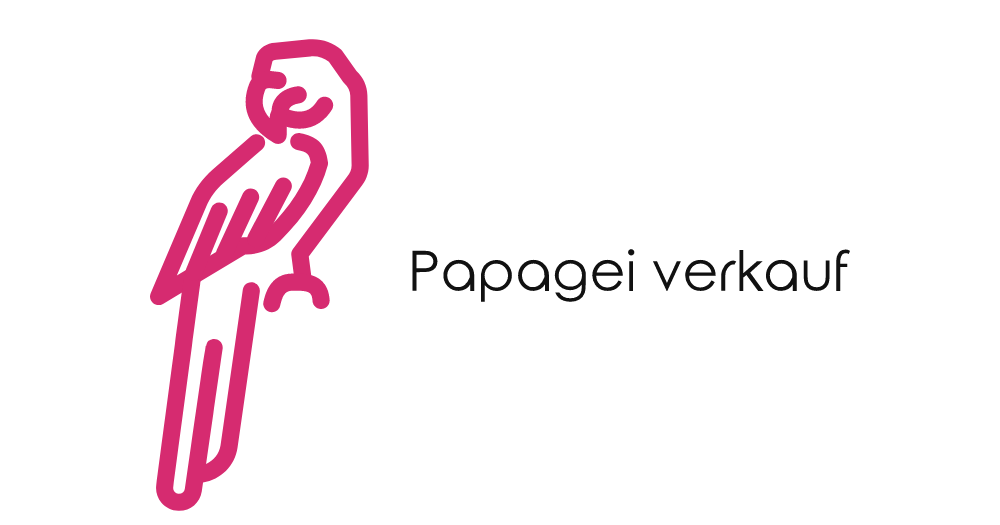Description
Cockatiel For Sale
Cockatiel for sale, Cockatiels are Affectionate and clever one of the most popular pets. Since early Europeans first returned home from Australia with these endearing little birds, they have continued to grow in popularity. Today, besides the standard grey cockatiel, there are a variety of cockatiel mutations to choose from. You will find these gentle little birds vying for the ‘top pet bird’ position, with only the Budgerigar (parakeet) and some of the Canary breeds giving close competition
Cockatiels, sometimes simply known as ‘tiles’, have so many positive traits as a pet, that it is hard to know which characteristics are the most important. They are low-cost, hardy, clean, intelligent, gentle, inquisitive, playful, quiet, adaptable, undemanding, easily trained, easily bred, and the list goes on! They can often learn to talk, especially the males, and can easily be taught all kinds of tricks.
Do you live in an apartment or condominium? Are there children about? Are you on the go a lot or go for extended periods of time? Do you have a limited pet budget? Do you like to be greeted and admired? If so, then the cockatiel could very well be just a pet for you and your family!
Cockatiels are one of 52 species of parrot native to Australia. An interesting fact about them is that they are one of Australia’s fastest flyers. Australians call them the “Quarrian”, and they are also known as Weirdo.
Social Behaviors of Cockatiel
Cockatiel behavior can’t be beaten if you are looking for a sweet beginner bird. Cockatiels are very docile and friendly to people as well as other birds. In the wild, they live in groups of about twelve birds, though they will flock in the hundreds after breeding season and where food is plentiful. Consequently, they can be housed very well with other small birds of the non-parrot family. They like attention and handling. Both males and females make equally good pets! Cockatiel behavior problems are easily averted if you provide your pet with a stimulating environment and companionship.
Care and feeding of our cockatiel for sale
Bird Food:
A commercial cockatiel seed mix is generally regarded as suitable along with a good vitamin supplement. Pelleted diets will also provide a fairly balanced feed, however, it does not contain the phytonutrients (antioxidant pigments) that are found in vegetables, fruits, grains, and seeds, so should be supplemented.
You can supplement your cockatiel’s diet with green foods such as dandelion leaves, weeds, carrot tops, celery, watercress, spinach, peas, seedling grasses, and millet. Various fruits will also be enjoyed such as apples, oranges, bananas, and others.
Grit should not be provided. Although it was previously thought that grit was needed by cockatiels, it has been found that they do not need grit and can actually cause problems if given to cockatiels. Parrots that eat seed whole without shelling it first require grit, but cockatiels shell their seed before eating it, so don’t need grit.
Water:
Give your cockatiel fresh drinking water every day. You can also add soluble vitamins and minerals to the water.
Bird Baths:
Your cockatiel bird will enjoy a bath! Bird baths can be either a dish in the bottom of the cage or a light misting with a spray bottle.
Bird Grooming:
Cockatiel care also includes grooming. It is important to keep their wings clipped. This will prevent your cockatiel from taking to the air and you never see it again. It also facilitates taming cockatiels. Fresh branches from trees and bushes such as oak, maple, and fruit trees will give hours of chewing and climbing pleasure while exercising and trimming the beak and nails.
Good cockatiel care will keep your bird healthy and active for years. Fresh food and water must be provided daily.
Speech and Vocalizations
Cockatiels vocalize and whistle but are not as loud as some other parrots. By reputation, males have the upper hand for mimicking speech and whistles. However, female cockatiels are no slouch; they are good at mimicry, too. Either sex may repeat sounds from your house, including alarm clocks, phones, and even wild birds outside.
Maintenance
Basic cage care includes daily cleaning of the water and food dishes. Change paper bottoms daily and litter coverings every 2-3 days. Weekly you should clean and disinfect the cage. Wash and completely dry the perches and toys whenever they become soiled. Sand floors in aviaries should be renewed annually.












Reviews
There are no reviews yet.